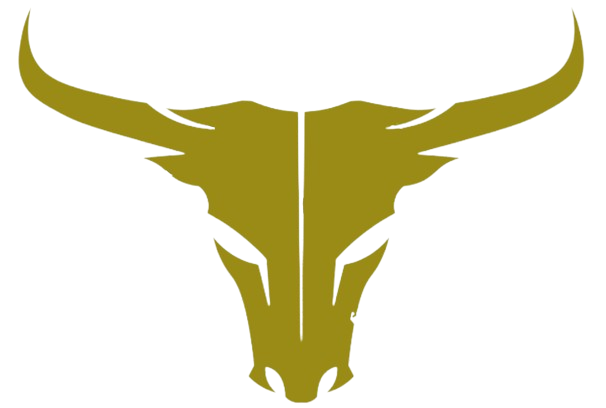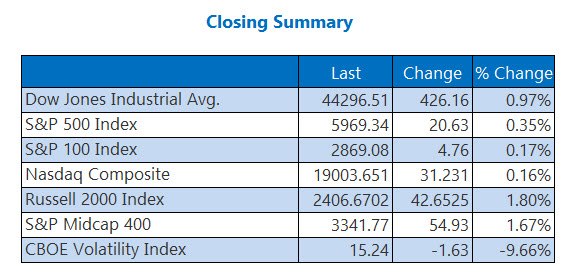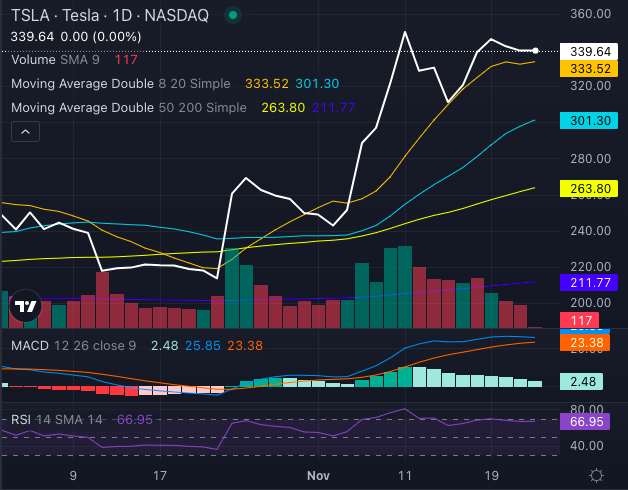
Starbucks Corp. SBUX may be synonymous with coffee chains, but its lock on the market could be poised for disruption thanks to Artly, and its robotic baristas.
Hailing out of Seattle, Artly is leveraging artificial intelligence technology to develop robots that can brew high-quality drinks without the need for human baristas. Customers can get a great cup of java without having to wait in a long line at Starbucks.
Elevating Beyond Coffee Machines
Artly isn’t your run-of-the-mill automated coffee machine maker, either. Its patented AI technology is used to create robots that mimic the actions of human expert baristas. The Artly coffee robots are taught to use the same high-end craft coffee equipment and tools used at specialty coffee shops around the country. Using motion-capture technology, Artly records the actions of its championship-winning baristas, and thanks to AI the robots adapt and replay the exact motion by using the company’s proprietary imitation learning, computer vision, robotic control, and large language models. The result: robot baristas that can replicate even the most complex recipes with the same precision as a human.
The quality doesn’t end there. Artly’s in-house smart roasting machines make small batches, which preserve the taste and quality of the coffee beans. Large chain coffee shops including Starbucks use a centralized large-batch dark-roast coffee process, which Artly says is designed to achieve uniformity and mask the defects of the coffee bean – which tend to be lower-quality.
At last check, there are 19 Artly robots deployed in nine coffee shops in cities in California and Oregon. Artly reports that its robots have served over half a million cups of specialty coffee since its launch. Meanwhile, revenue has increased to $1.83 million in 2023 from $910,000 in 2022. The Artly coffee shop in the San Francisco Premium Outlet generated $40,000 per month in 2022 and a 40% EBITDA margin due to its low labor costs and customer satisfaction. Meanwhile, the Artly coffee shop at Stewart 101 has achieved an average profit margin of 40% since it opened. All nine Artly coffee shops have a positive EBITDA margin.
Also driving demand for the company’s robots is the small footprint these robots have. A standard Artly robot is less than 20 square feet. A store with two to three robots averages 100 to 400 square feet, much smaller than the square footage required for an average Starbucks store. That tiny footprint means less upfront costs for the coffee purveyor, says Artly.
In addition to expanding in the U.S., Artly is also focused on the Japanese market, which is a big consumer of coffee.
Fueling Evolution in the Coffee Market
It’s not surprising that Artly is seeing sales growth. After all, the world seems to be in love with its java, and that isn’t likely to change any time soon. By the end of 2028, the global coffee market is projected to hit $497.89 billion, growing at a CAGR of 4.52% from 2021 through 2028.
Despite that potential growth, there are pain points that Artly hopes to address. As it stands, many consumers in the U.S. are willing to give up quality for convenience when it comes to coffee. The lack of availability for a quality cup of coffee means most consumers settle for fast chains like Starbucks, which churn out coffee in seconds. Specialty coffee shops also contend with high employee turnover rates and rising wages, which makes it hard to earn a profit on a good cup of coffee. Artly takes a lot of those costs out of the equation, enabling more shops to brew quality coffee at an affordable price.
The world may be in love with its coffee, but that doesn’t mean people have to settle. Artly and its AI-powered robotic baristas are proving Starbucks doesn’t have a lock on the market, especially when it comes to quality.
Featured photo by Liana Mikah on Unsplash.



